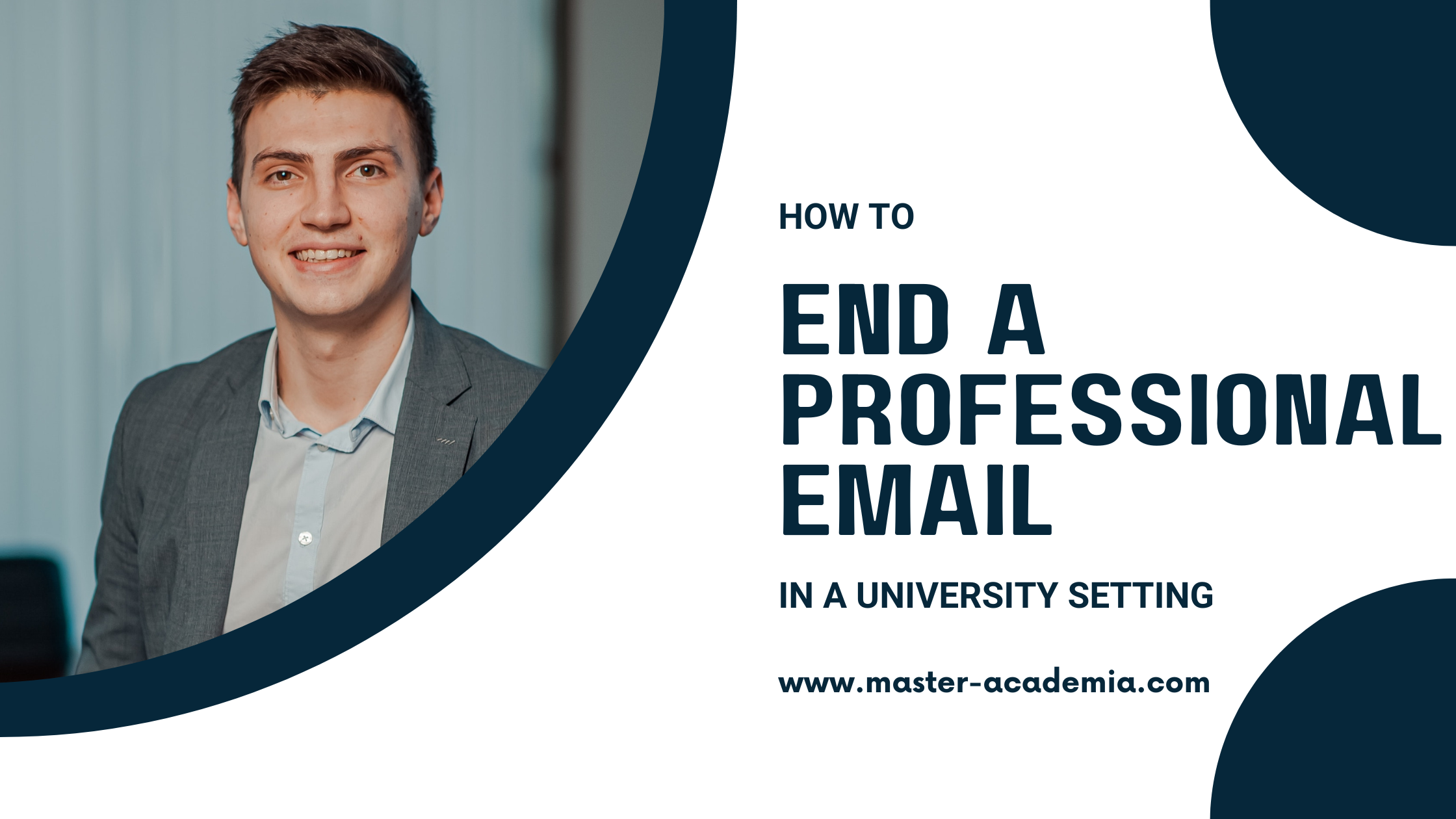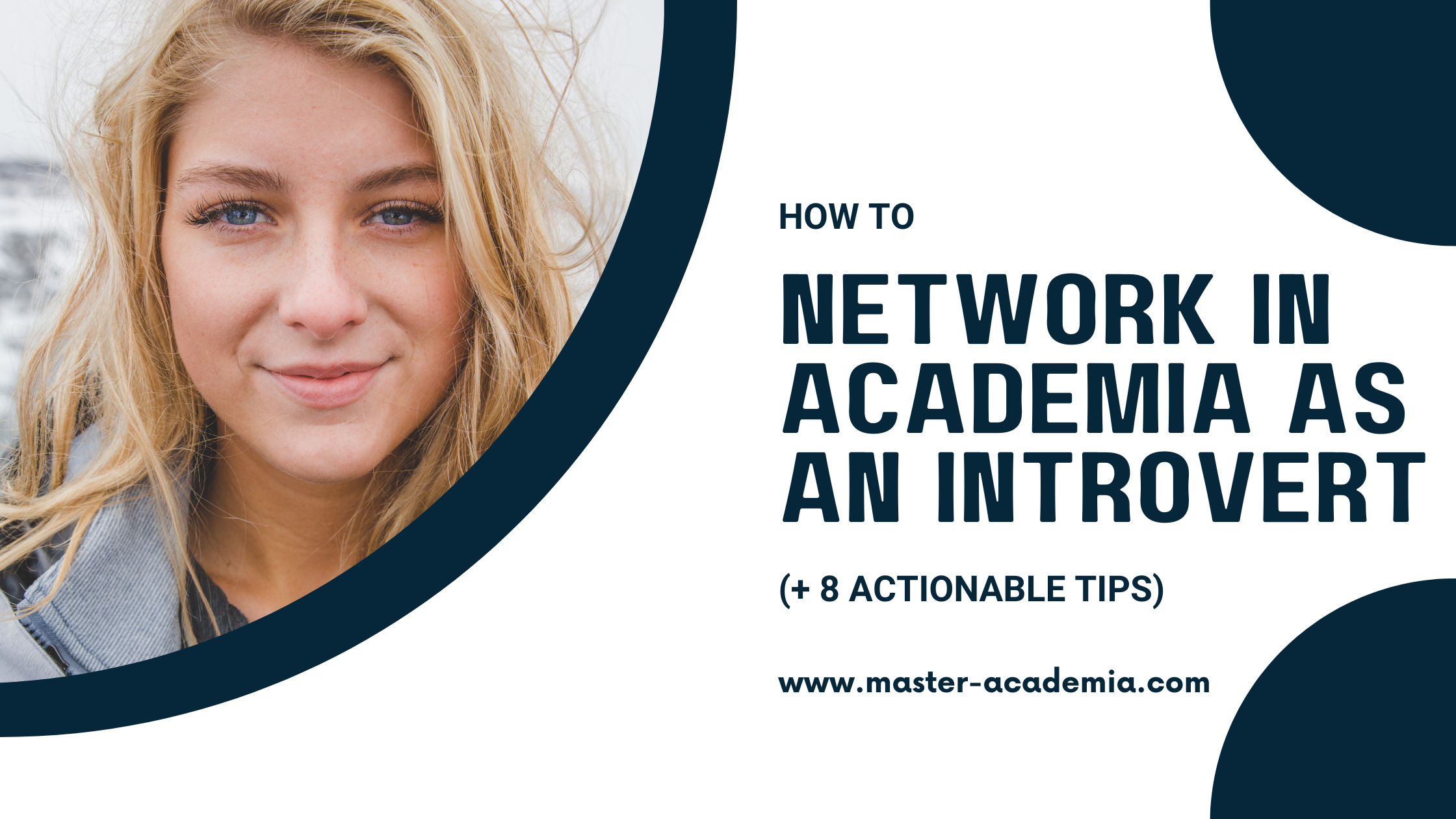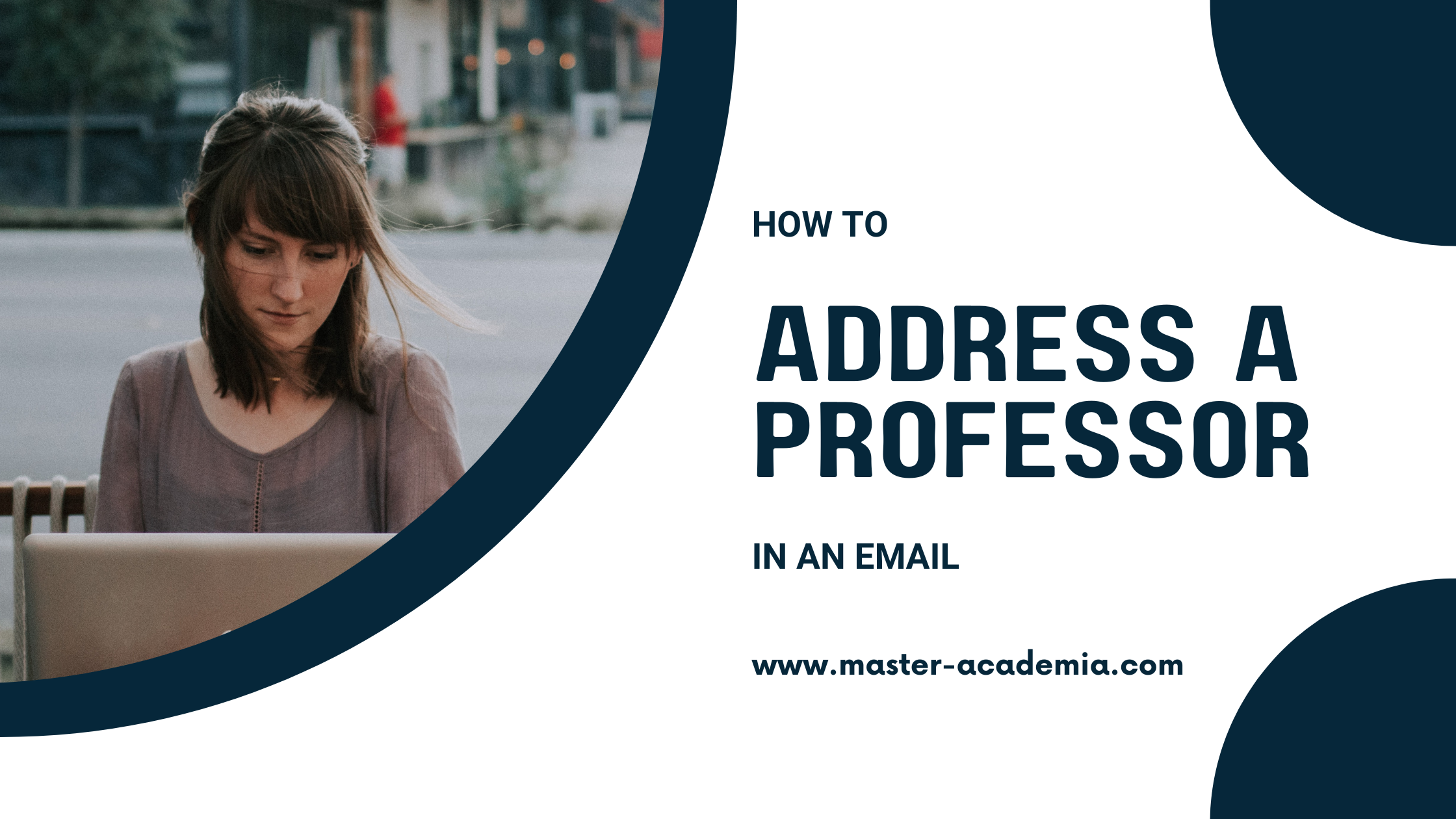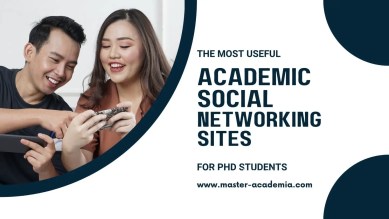Networking Hacks
-

Powerful LinkedIn headlines for students with no work experience
We all begin our professional journeys from somewhere, and as a student, it’s completely reasonable not to have formal work experience. Being a student doesn’t mean you should underestimate your potential. Learn how to craft compelling LinkedIn headlines that can…
-

How to end a professional email in a university setting
Whether you write an email to your professor, lecturer, lab supervisor, or colleague, knowing how to end a professional email in a university setting is a must. Why? Because it is a crucial part of the academic emailing etiquette. To…
-

How to thrive in academia as an extrovert
Many extroverts wonder if academia is a fitting work environment for them. Extroverts have the ability to thrive in academia while remaining true to their natural tendencies. Discover more about the benefits and challenges of being an extrovert in academia,…
-

How to network in academia as an introvert (+ 8 actionable tips)
Networking is a vital aspect of academic success, but it can be a source of concern for introverted individuals. Rather than trying to conform to conventional networking expectations, it’s essential to embrace your introversion and adapt your strategies accordingly. Learn…
-

How to address a professor in an email
When writing an email to a professor, it is important to consider the context and the proper way to address them. This can vary depending on the country, the university, and the rank of the professor. When you are unsure…
-

How to organize and structure academic panel discussions
Panel discussions often appear intimidating, as high-profile events featuring expert discussions at academic conferences. But what precisely are panel discussions, what different types exist, and how can you embark on organizing one yourself? Here is your ultimate guide to understanding,…
-

5 proven ways to become an academic peer reviewer
Peer reviewing academic work comes with many benefits, including staying up-to-date on the latest research, adding to your academic CV, and developing critical thinking skills. There are several ways to become a peer reviewer, including publishing your own research, networking,…
-

5 proven ways to find co-authors to collaborate with
Co-authorship can be an efficient (and fun!) way to work on research publications. However, finding a suitable co-author is not always easy. Here are five proven ways to find co-authors to help you get started with your search for academic…
-

The best email signatures for graduate students (with examples)
Email signatures facilitate online communication, which is why every graduate student should have one. Learn more about email signatures for graduate students, what (not) to include, and how to create them in Outlook, Gmail and with the help of a…
-

The most useful academic social networking sites for PhD students
A strong network and meaningful connections allow PhD students to get ahead, in and beyond academia. Social networking sites can play an important role in creating such networks. But which (academic) social networking sites are the most useful ones for…